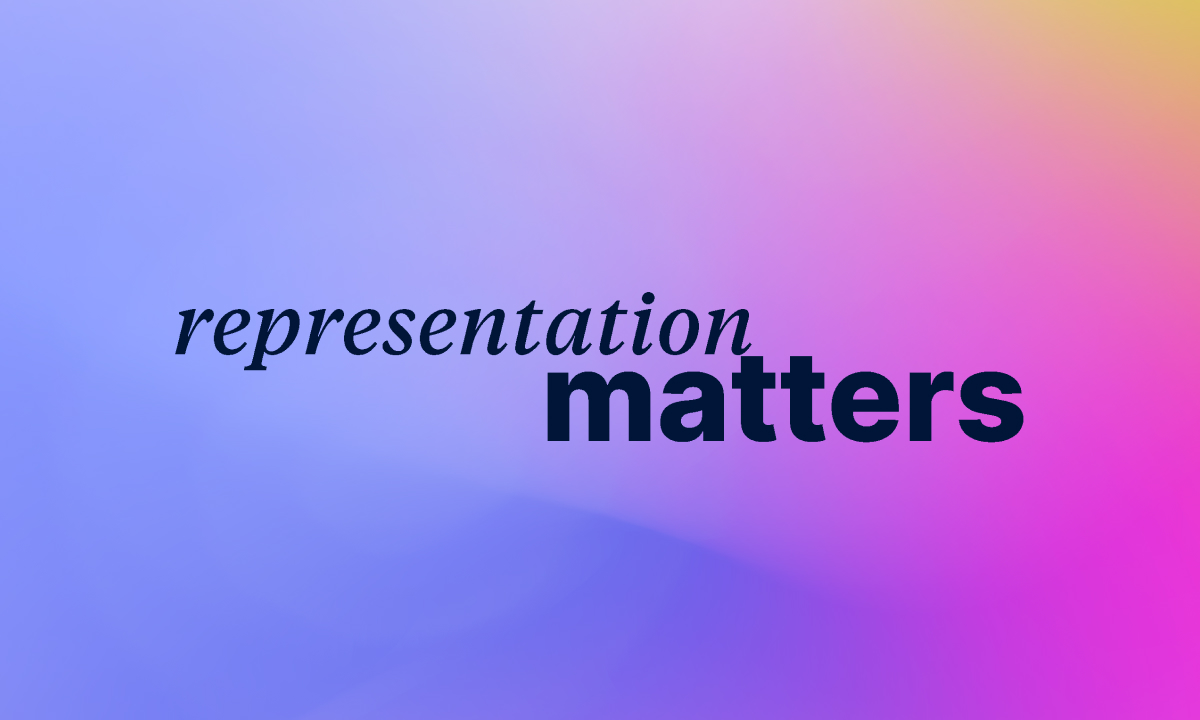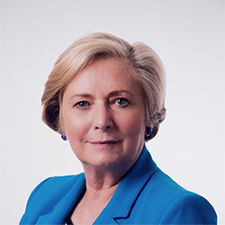Frances Fitzgerald is an Irish politician who was a member of the European Parliament from 2019 to 2024. She also served in various leadership positions in the Irish government, where she frequently focused on policies that help children and families.
Fitzgerald also was instrumental in getting the European Parliament to adopt in April rules that prevent gender-based violence and protect victims, especial women and those who have experienced domestic violence.
We recently interviewed her for a report by the Oliver Wyman Forum, Women Political Leaders (WPL), and the World Bank’s Women, Business and the Law on the positive impact of having more women in political offices.
During your time in office, the EU directive to combat violence against women and domestic violence was enacted. Why is it so important and what impact do you think it will have?
The directive on combating violence against women and domestic violence was a huge moment in my career in fighting this most horrendous of crimes, but also a huge moment for the European Union — the first piece of EU legislation to tackle violence against women. This piece of legislation, coupled with the EU’s accession to the Istanbul Convention, sends a strong message that in Europe, there is zero tolerance for violence against women and domestic violence, and there will be no impunity for perpetrators. That is enormously powerful and is a strong message to the women of Europe that their concerns are at the heart of policymaking.
It took two years to get the directive approved. What were the biggest challenges?
It was not an easy process to pass this directive, and there were a number of obstacles and hurdles that had to be faced and overcome, particularly when it came to the idea of including an offence of rape based on lack of consent.
While the European Union brings together 27 of the most advanced economies and societies in the world, there are still differences of opinion and differences in culture within the member states. The idea of consent is still not universally accepted, and politicians are reluctant to impose it on societies who still question the principle.
There is a significant amount of work to be done as part of sex education in the member states to understand the principle of consent and how it is fundamental to respect and dignity between individuals. This will need to be a significant focus in the coming years to develop further legislation in advancing gender equality.
It really struck me that given the barriers that stood in our way when negotiating this directive, that despite the number of women being injured or dying every year as a consequence of this violence, it is not seen as a crisis — the urgency goes unnoticed or unacknowledged. We must do more to highlight that this is an existential threat, and one we cannot just hope resolves itself through legislation.
What advice do you have for others eager to succeed in politics, especially women?
To advance in politics, lifelong learning and ongoing personal development are absolutely essential, and should not be taken for granted. We are never finished learning and constant development and advancement helps us to become better all the time.
I would also recommend building a support network at a personal and professional level — it is those support networks that can help to guide and support you and offer advice at critical moments.
Hiring excellent staff is essential — a strong and capable team behind you makes everything easier, and trust and being able to rely on your staff is of crucial importance.
Most of all, I want the audience to take away a sense of confidence — they are more than capable, and with a lot of hard work there is no reason why they can’t succeed.
Having women in positions of power matters, and we must collectively work together, cross-party, to make that a reality.
And the world needs women’s voices. My experience is that a critical mass of women in the European Parliament (just under 40% of Parliamentarians in this past mandate were women) and the European Commission has made a crucial difference. When there is not a critical mass of women, advancing the issues I have mentioned or issues like childcare is much more difficult.


